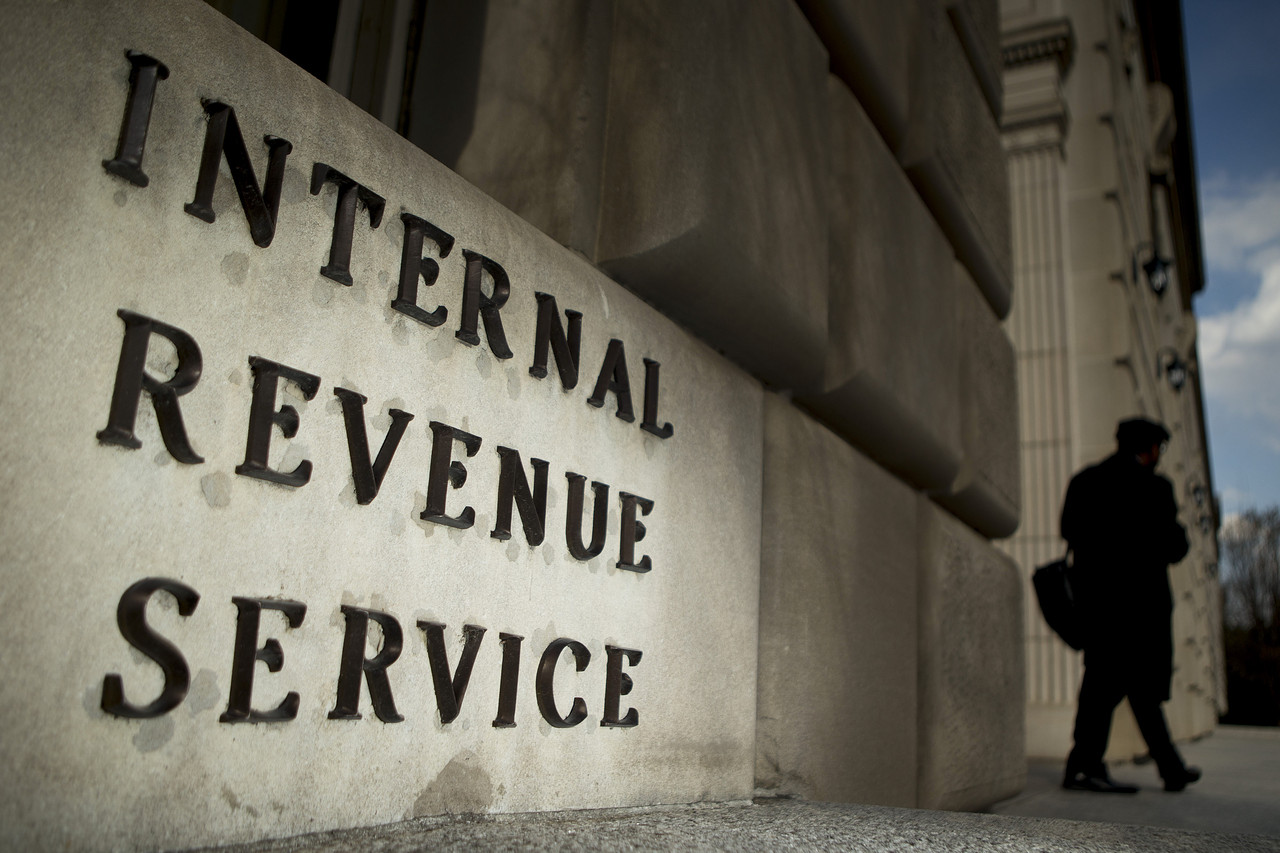
Around noon yesterday I posted a short social media comment about how busy I was finishing up corporate tax returns. A guy who had previously asked about accounting services before saw the post and decided this would be a good time to call me and ask a series of questions about having me take over his small business tax accounting. We talk briefly about taxes, compliance and risks for his situation. Then he said “I understand what you are saying, but my old guy (his former CPA) just said to chop off about a hundred grand”.
It was perfectly clear to me in the context of the conversation that he had just casually stated that he colluded with the CPA to under report $100,000 of income per year and acted as if this was no big deal but is a standard and accepted practice.
How can a legitimate accountant possibly compete in a situation where this is the accepted norm by the client? And the fact is that he is right in that people (CPAs and clients) are doing it and are, for the most part, getting away with it.
The fact is that under the laws of the United States of America we have a voluntary tax compliance system. Some people do cheat and most of those cheaters do get away with it. While the IRS’s use of technology has improved detection and collection of under-reported income and improper deductions, it is still a HUGE issue. The last IRS estimate I read was that tax cheating adds up to 17% of the nation’s total tax liabilities. I vaguely understand that non-compliance is rising and that, moreover, the public attitude that it is OK to cheat on taxes is on the rise. These sociopolitical issues are far more complex that I plan to delve into here.
The single point of my blog post here today is that the problem of tax cheating is not only a big scale macro-economic problem for the government; it is also a huge problem for any little tax practitioner trying to make an honest living. We simply can’t compete and survive in an environment where tax cheating is perceived to be the norm.

Leave a Reply